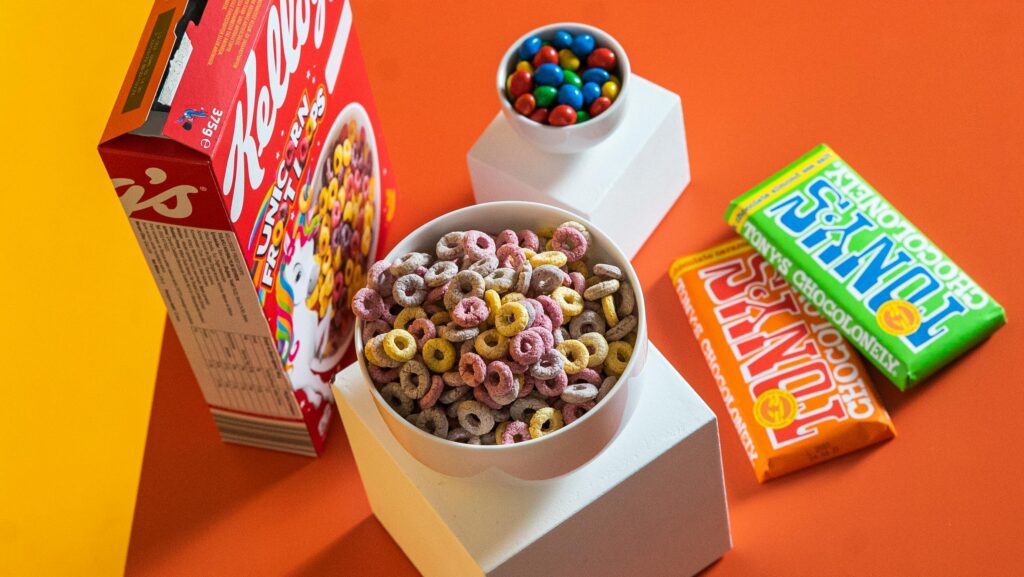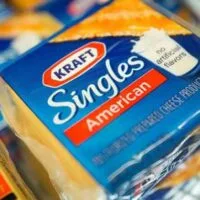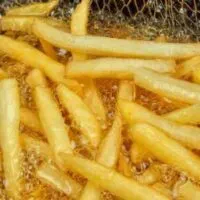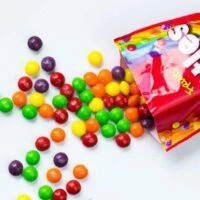Imagine sitting down for a meal, only to discover it contains chemicals found in yoga mats, wax packaging, or even a key component of rat poison. For many in the United States, this isn’t some far-fetched scenario—it’s a reality. While other countries ban certain additives due to health concerns, these ingredients remain common in the American food supply.
From artificially colored snacks to hormone-treated meats, many foods deemed safe in the U.S. are banned elsewhere. If you’ve ever wondered why your favorite snacks aren’t available overseas, the answer might be unsettling. Before your next grocery run, here’s what you need to know about foods sold in the U.S. but banned in other countries—and why it could make you rethink your shopping habits.
Why the U.S. Allows These Ingredients
In the U.S., food regulations tend to be more relaxed. The FDA often requires strong proof of harm before banning ingredients, which means many additives stay on the market for a long time. On top of that, big food companies often lobby to keep certain chemicals legal, even if they raise health concerns.
This is very different from other countries, where stricter rules prioritize consumer safety. As a result, Americans are left with foods that contain ingredients banned elsewhere, putting more pressure on shoppers to stay informed about what’s in their food.
U.S. Foods Banned Around the World
Many common foods in the U.S. are banned in various countries due to health concerns over certain ingredients. Here’s a closer look at some of these controversial products:
1. Mountain Dew
One of the most iconic sodas in the U.S., Mountain Dew contains Brominated Vegetable Oil (BVO), a food additive linked to skin irritations, headaches, and impaired coordination. Due to these health risks, BVO is banned in the European Union, India, and Japan. Yet, it continues to be sold in American grocery stores, making it a risky choice for soda lovers.
2. Post Honey Maid S’mores Cereal
This popular cereal contains Butylated Hydroxytoluene (BHT), a preservative thought to be a potential carcinogen. While it’s still on U.S. shelves, BHT is banned in several countries, including the UK, Australia, New Zealand, Japan, and much of Europe, due to concerns over its long-term health effects.
3. Skittles
The vibrant colors in Skittles are made possible by artificial dyes like Yellow 5 and Yellow 6, which may cause allergic reactions and hyperactivity in children. Because of these risks, Skittles are banned in countries like Norway and Sweden, where stricter food regulations protect consumers from these additives.
4. rBGH or rBST Milk
Milk produced with recombinant bovine growth hormone (rBGH or rBST) is banned in the European Union and Canada due to potential health risks, including an increased risk of cancer. Despite this, the synthetic hormone is still widely used in the U.S. dairy industry, raising concerns about the safety of everyday milk.
5. M&Ms
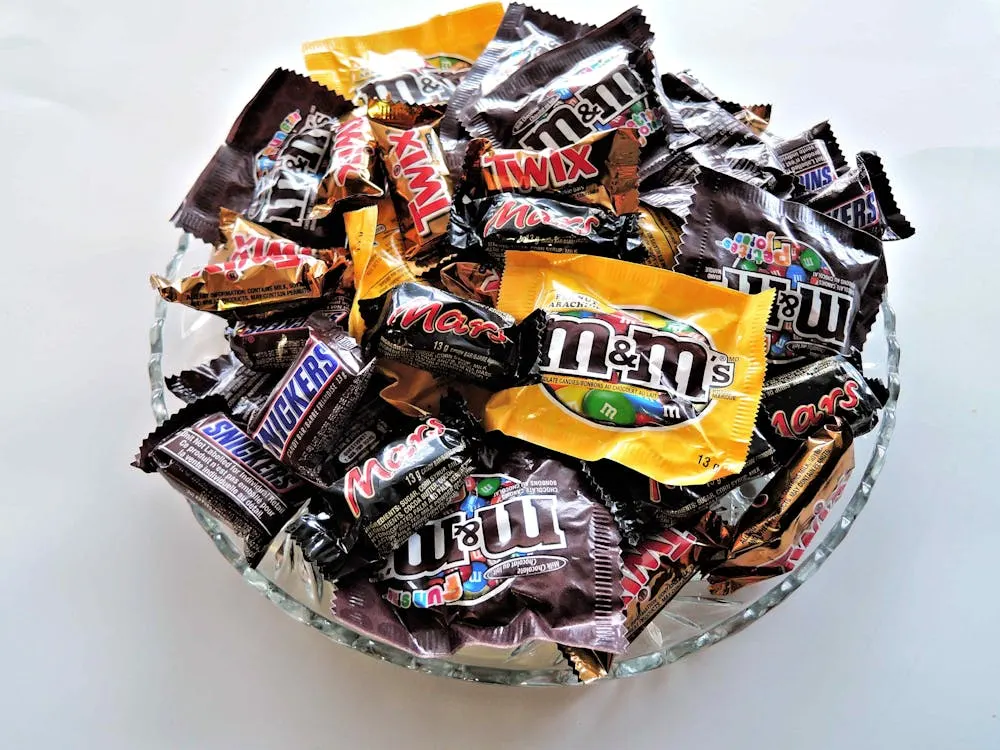
In the U.S., M&Ms are made with artificial colors, while in Europe, they use natural coloring agents. European regulations on artificial ingredients are far stricter, highlighting the stark contrast between what’s deemed acceptable on either side of the Atlantic.
6. Bread Products
Certain U.S. bread products, such as Jimmy Dean Delights Turkey Sausage, Egg & Cheese Honey Wheat Flatbread, and Pillsbury Breadsticks, contain azodicarbonamide, a chemical also used in the production of yoga mats and shoe soles. This additive has been linked to respiratory problems and other health issues. While it remains legal in the U.S., it is banned in many countries, including the European Union, for its potential health risks.
7. Chlorine-Washed Chicken
In the European Union, chlorine-washed chicken has been banned since 1997 due to concerns over hygiene practices earlier in the food production process. The practice of using chlorine to sanitize chicken is still common in the U.S., raising concerns about the safety and quality standards of poultry available to American consumers.
8. Instant Mashed Potatoes
Instant mashed potatoes sold in the U.S. often contain Butylated Hydroxyanisole (BHA), a preservative known to be potentially harmful to humans. BHA is banned in the European Union, Japan, Australia, and other countries due to its possible carcinogenic effects, yet it remains a staple in many American processed foods.
9. Cereal and Snack Products
Popular U.S. snack and cereal products, like certain brands of granola bars and crackers, often contain partially hydrogenated oils, a source of trans fats. Although the FDA has banned trans fats in recent years, there are still loopholes that allow small amounts to be included in processed foods. Meanwhile, many countries, including Canada and the European Union, have long had stricter regulations on trans fats, banning them entirely from food products.
10. U.S. Bread, Rolls, and Buns
Some bread products in the U.S. contain potassium bromate, a food additive used to strengthen dough but linked to cancer in animal studies. Potassium bromate is banned in countries like the European Union, Canada, Brazil, South Korea, Nigeria, and Peru, reflecting global concerns about its potential risks to human health.
Making Smarter Choices at the Grocery Store
With so many ingredients in U.S. foods that are banned in other countries, it’s crucial to be more mindful of what you’re buying. One of the simplest steps you can take is reading the labels on packaged foods. Look for shorter ingredient lists with words you recognize—if a product has a lot of chemical-sounding names, it’s likely packed with additives.
Choosing organic or non-GMO products is another good way to avoid harmful ingredients, as these certifications often mean stricter regulations around pesticides, synthetic hormones, and genetically modified organisms. Shopping at health-focused grocery stores or farmers’ markets can also help you find higher-quality food options that prioritize freshness and safety.
Ultimately, being informed about the foods you’re eating can make a big difference in the long run. It may take a little extra time and effort, but your health is worth it.
Choose What’s Best for You
While the U.S. allows many additives and chemicals banned elsewhere, being an informed shopper can help you avoid potential risks. By choosing products with fewer synthetic ingredients and sticking to options like organic, non-GMO, and preservative-free foods, you can make smarter, safer choices for you and your family.
It’s important to remember that regulations vary widely across countries, and while the U.S. has a more lenient approach, you can still take control of your health by being mindful of what you eat. Small changes in your shopping habits can have a big impact on your long-term well-being.


